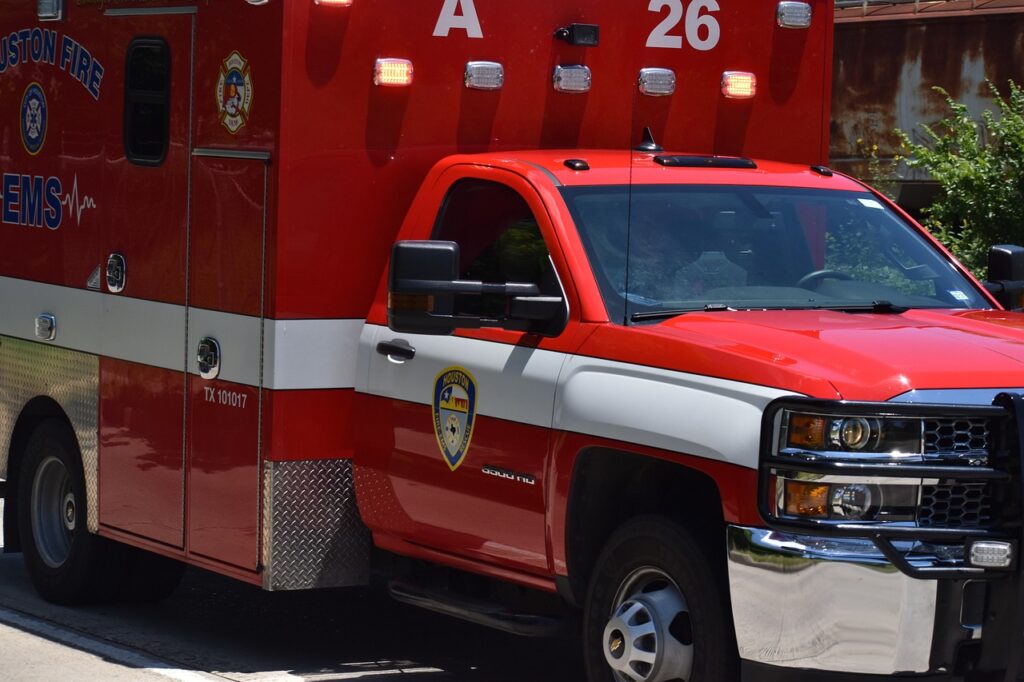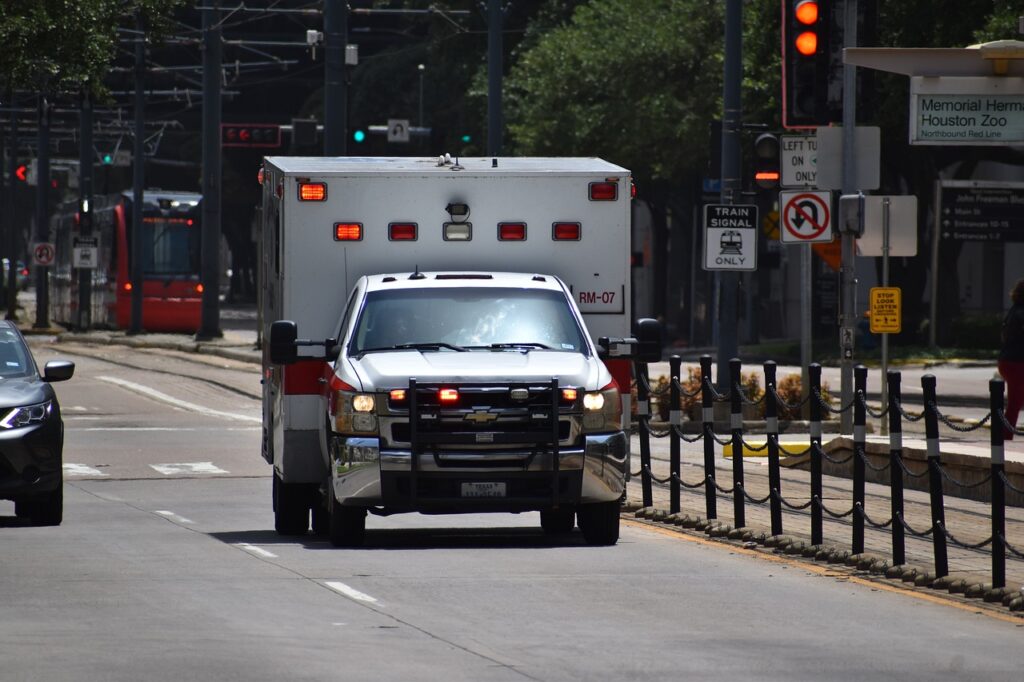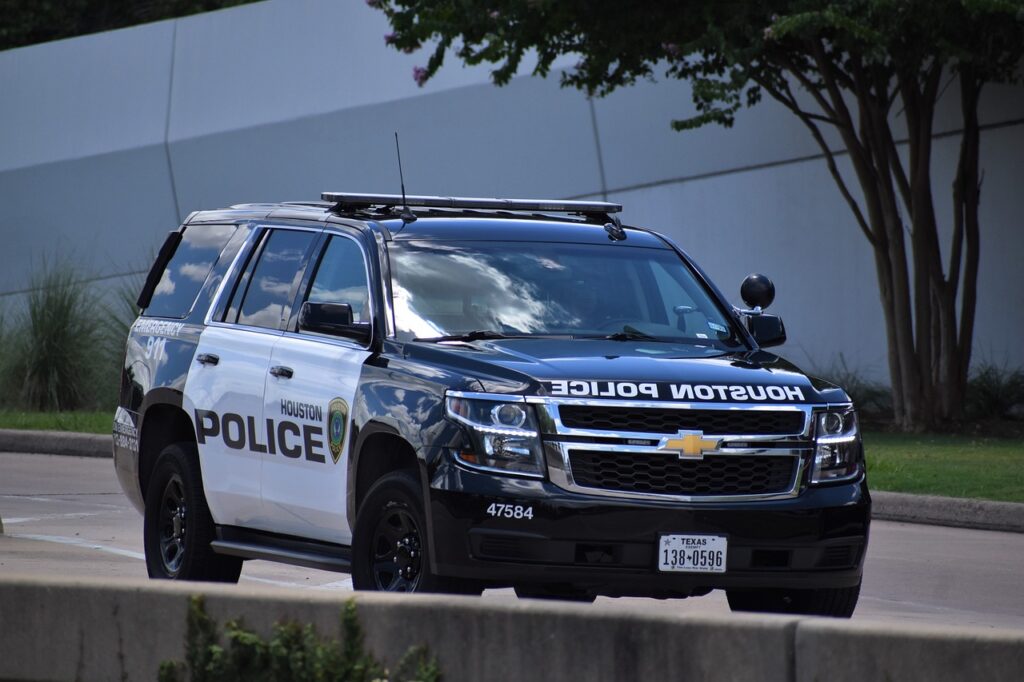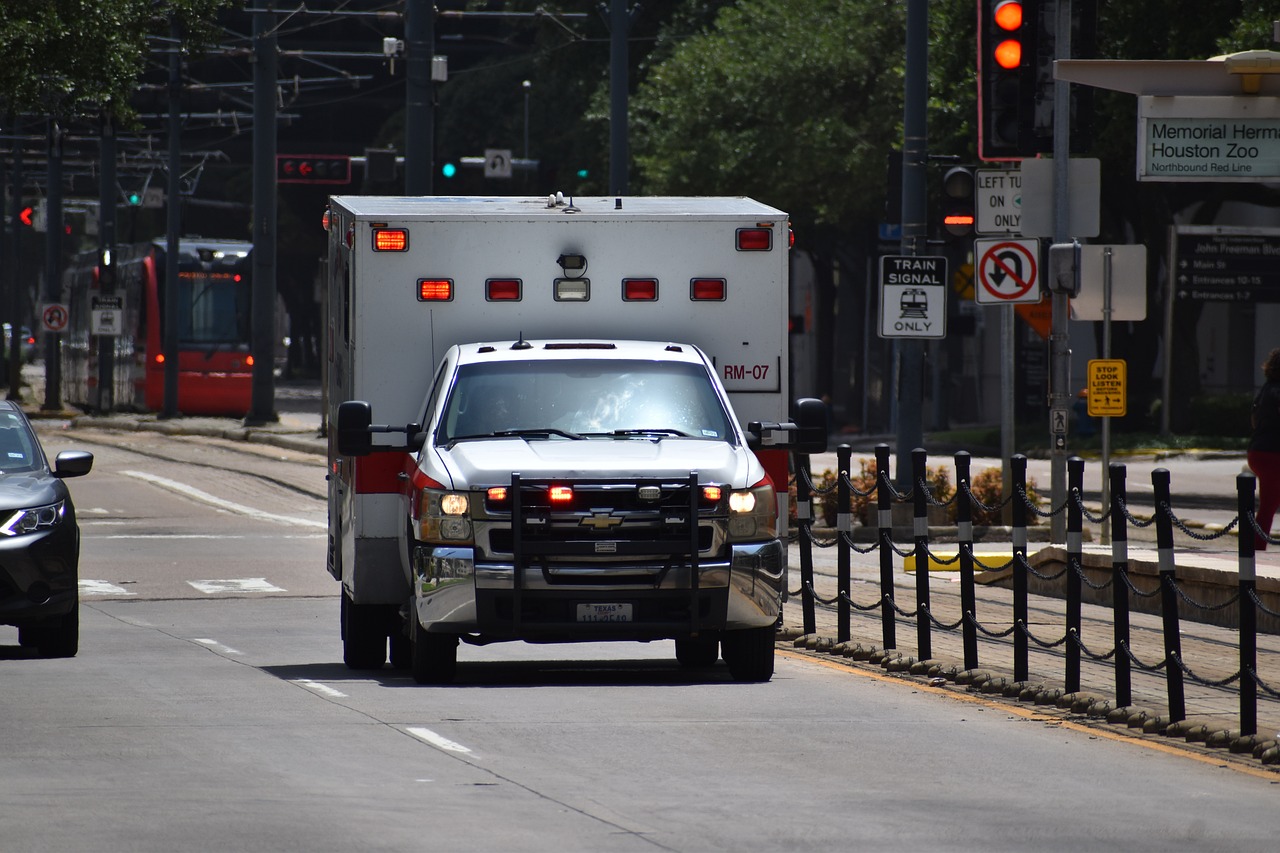Imagine living in an area that is prone to hurricanes. It can be a nerve-wracking experience knowing that at any moment, a powerful hurricane could be heading your way, bringing destruction and chaos. But what if there was a way for you to feel more prepared, more in control, and more confident in the face of such an unpredictable disaster? In this article, we will explore the importance of disaster preparedness specifically for hurricanes, providing you with essential tips and insights to ensure your safety and well-being when the next hurricane strikes. Be ready to empower yourself and become a hurricane preparedness superstar!
Preparing Your Home
Securing your windows and doors
When it comes to preparing your home for a hurricane, one of the most important steps you can take is to secure your windows and doors. High winds can easily break windows and force doors open, causing extensive damage and potentially putting your safety at risk. To prevent this, consider installing hurricane shutters or reinforcing your windows with plywood. Additionally, make sure all exterior doors are securely locked and consider installing sturdy door braces or reinforced bolts for extra protection.
Trimming trees and securing outdoor items
Another essential aspect of preparing your home for a hurricane is ensuring that your outdoor area is secure. Trim tree branches that may be at risk of falling during high winds and remove any loose items from your yard that could pose a threat if they become airborne. This includes patio furniture, garden tools, and children’s toys. By taking these precautions, you can minimize the risk of these objects causing damage to your property or becoming dangerous projectiles during the storm.
Reinforcing your roof and walls
To safeguard your home during a hurricane, it’s crucial to reinforce your roof and walls. Begin by inspecting your roof for any loose or damaged shingles, as these can easily be torn off by strong winds. Replace or repair any compromised areas promptly to ensure the integrity of your roof. Additionally, consider installing hurricane straps or adding additional bracing to reinforce your roof’s structure. Similarly, reinforcing your walls by anchoring them to the foundation can help prevent them from collapsing under the pressure of high winds, further protecting your home.
Creating an Emergency Kit
Gathering essential supplies
As part of your hurricane preparedness, creating an emergency kit is vital. This kit should contain a variety of essential supplies that can sustain you and your family during and after the storm. Some key items to include in your kit are non-perishable food items, a manual can opener, bottled water, extra batteries, a flashlight, a first-aid kit, a battery-powered or hand-crank radio, and a basic toolkit. Remember to periodically check and rotate the supplies in your emergency kit to ensure everything is up to date and in good condition.
Including important documents and medications
In addition to basic supplies, it’s crucial to include important documents and medications in your emergency kit. Make copies of essential documents such as identification cards, insurance policies, and medical records, and store them in a waterproof container. It’s also essential to have an ample supply of any necessary medications for each member of your household. Place these items in your emergency kit, so you have them readily available in case of evacuation or service disruptions during the hurricane.
Preparing for your pets
Don’t forget to include your furry friends in your hurricane preparedness plans. Make sure you have enough food and water for your pets to last several days, along with any necessary medications they may require. Additionally, have their vaccination records and identification tags readily available. If you need to evacuate, identify pet-friendly accommodations ahead of time and pack a portable crate or carrier to ensure the safety and well-being of your pets during the storm.
Developing an Evacuation Plan

Identifying evacuation routes
Being aware of evacuation routes in your area is crucial for a successful evacuation during a hurricane. Research and familiarize yourself with the designated evacuation routes in your community, along with any alternate routes that may be available. Plan multiple exit strategies to ensure you can adapt to changing circumstances. Keep a detailed map with these routes in your emergency kit, and inform your family members about the plan, so everyone knows how to evacuate safely if the need arises.
Planning for transportation
When developing your evacuation plan, consider your transportation options. Determine the best method of transportation for your family based on your location, the number of family members, and any special needs or considerations. If you have multiple vehicles, decide on a caravan system to convoy to a safe location. If you don’t have access to a vehicle, reach out to local authorities or emergency management agencies to learn about community evacuation assistance services that may be available.
Deciding on a meeting point
In the chaos of an evacuation, it’s crucial to have a designated meeting point for your family members. Choose a safe and easily accessible location where everyone can gather if you are separated during the evacuation process. This could be a relative’s house, a community shelter, or a predetermined landmark away from the storm’s path. Make sure that all family members are aware of the meeting point and have a plan for how to reach it in case of separation or communication difficulties.
Ensuring Communication
Staying informed through reliable sources
During a hurricane, staying informed and updated on the latest developments is crucial. However, it is essential to rely on reliable sources of information to avoid misinformation or unfounded rumors. Stay tuned to local news channels, radio stations, and official weather reports for accurate and up-to-date information on the storm’s progress. Additionally, consider downloading weather apps or signing up for emergency alerts from local authorities to receive timely updates directly to your mobile device.
Establishing a communication plan with family and friends
Communication is key during and after a hurricane. Establish a communication plan with your family and friends to ensure everyone’s safety and well-being. Share contact information with each other and determine a primary point of contact outside the affected area who can relay messages and updates if local communication networks are disrupted. Make sure everyone knows how to use text messaging, as it is often more reliable than phone calls during emergencies. Regularly check in with your loved ones to provide updates on your situation and receive updates on theirs.
Using emergency communication channels
In addition to personal communication methods, familiarize yourself with the emergency communication channels in your area. Emergency services and local authorities often use specific radio frequencies or social media platforms to share information during crises. Research which channels are designated for emergency communication in your community, and listen to these channels for official announcements and instructions. By utilizing these channels, you can stay informed about evacuation orders, shelter locations, and other critical information related to the hurricane.
Protecting Important Documents

Backing up digital files and storing offline
Ensuring the safety of your important documents during a hurricane involves safeguarding both physical and digital copies. Back up all your important digital files, such as photographs, insurance documents, and financial records, to a secure cloud-based storage service or an external hard drive. Store these backups in a waterproof bag or container as an added layer of protection. By having digital copies, you can easily access and recover your important documents even if the originals are damaged or inaccessible.
Securing physical documents in waterproof containers
For physical documents that cannot be replaced, such as birth certificates, passports, and property deeds, it is vital to store them in waterproof containers. Place these containers in a secure and easily accessible location that is less likely to be affected by flooding or other damage. Consider investing in a fireproof safe for an added layer of protection. Furthermore, take photos or scan your important documents and store the digital copies securely along with your other digital backups.
Creating emergency contact lists
Another important aspect of protecting your important documents is creating emergency contact lists. Compile a list of emergency phone numbers, including local authorities, insurance providers, and utility companies. Include the contact information for trusted friends or family members who can assist you in case of an emergency. Print out multiple copies of these contact lists and store them in your emergency kit, your wallet or purse, and with your important documents. By having these contact lists readily available, you can quickly reach out for assistance if needed.
Preparing for Power Outages
Having alternative lighting sources
Power outages are common during hurricanes, so it’s crucial to have alternative lighting sources readily available. Stock up on flashlights and ensure you have extra batteries on hand. Consider investing in battery-powered lanterns or solar-powered lights to provide ample illumination during the night. Avoid using candles, as they pose a fire hazard, especially in a disaster situation. Having dependable lighting sources will not only keep you safe but also provide a sense of comfort and security during the power outage.
Stocking up on non-perishable food and water
During a hurricane and potential power outage, access to food and water can be limited. It is essential to stock up on non-perishable food items and bottled water to sustain you and your family. Choose foods that have a long shelf life, require minimal preparation, and provide adequate nutrition. Canned goods, granola bars, dried fruits, and nuts are all excellent options. Aim to have at least a three-day supply of food and water for each household member. Remember to periodically check the expiration dates and rotate your supplies accordingly.
Using backup power supplies
In addition to alternative lighting sources, having backup power supplies can greatly enhance your comfort and convenience during a hurricane. Consider investing in a portable generator or backup power system to provide electricity for essential devices and appliances. These devices can power key items such as refrigerators, medical equipment, or communication devices. However, be sure to follow safety guidelines and never operate a generator indoors or in enclosed spaces, as they produce carbon monoxide, which can be lethal.
Securing Important Equipment

Protecting electronic devices with surge protectors
Power surges are common during a hurricane, and they can cause severe damage to electronic devices. To protect your valuable electronics, ensure they are plugged into surge protectors. Surge protectors help regulate the electrical flow and prevent voltage spikes that can harm and potentially destroy your devices. Install surge protectors not only for your computers and televisions but also for smaller devices like smartphones, tablets, and gaming consoles.
Securing important equipment and machinery
If you have any important equipment or machinery, take proactive measures to secure them before the hurricane strikes. If possible, move them to an interior room or a location less susceptible to damage. Use straps or chains to anchor larger equipment to sturdy fixtures, preventing them from toppling over during high winds. Additionally, cover your equipment with tarps or protective covers to shield them from any potential water damage. By securing your valuable equipment, you can minimize the risk of costly losses and facilitate a smoother recovery process.
Shutting off utilities if necessary
In certain situations, it may be necessary to shut off your utilities to prevent further damage or hazards. Familiarize yourself with the location of your utility shut-off valves and switches, such as those for gas, electricity, and water. If advised by local authorities or in case of an emergency, turn off these utilities before evacuating your home. This precautionary measure can prevent gas leaks, electrical fires, or water contamination during and after the hurricane. Remember to only perform shut-offs if you can safely do so without endangering yourself.
Safety Measures During the Hurricane
Taking shelter in a designated safe area
During the hurricane itself, it’s crucial to seek shelter in a designated safe area within your home. Identify an interior room on the lower level or basement that is away from windows, preferably without any exterior walls. This room should provide a strong barrier against high winds and flying debris. Gather your emergency kit, important documents, and a means of communication, and take shelter in this safe area until the hurricane passes. Be sure to follow any instructions or evacuation orders issued by local authorities during the storm.
Avoiding windows and glass
Windows and glass can pose significant risks during a hurricane. To ensure your safety, avoid windows and glass as much as possible while the storm is in progress. Keep curtains or blinds closed to help prevent shattered glass from causing injury. If you’re in a room without blinds, consider using large blankets or mattresses to create makeshift barriers against windows. By minimizing your exposure to windows and glass, you can reduce the chances of being injured by flying debris or broken shards.
Using battery-operated devices
During a hurricane, it’s important to rely on battery-operated devices, rather than those requiring electricity or an internet connection. Battery-powered radios and flashlights should be used for communication and illumination. Avoid using cordless or landline telephones, as they may not function during a power outage. Instead, rely on your mobile phone, ensuring it is fully charged prior to the storm. By using battery-operated devices, you can stay informed, maintain communication, and have essential tools at your disposal even without access to electrical power.
After the Hurricane
Assessing damages and contacting insurance
Once the hurricane has passed and it is safe to do so, assess any damages to your home and property. Take photographs of the damage as evidence for insurance claims. Contact your insurance provider as soon as possible to file a claim and initiate the necessary steps for restoration and repairs. Provide accurate and detailed information about the damages incurred, and keep all receipts related to repair costs and temporary accommodations if needed. Promptly addressing your insurance claim will help expedite the recovery process and ensure a smoother transition.
Replenishing emergency supplies
After a hurricane, it’s important to restock and replenish your emergency supplies. Refill your emergency kit with any items that were used or expired during the storm. Replace batteries in flashlights and radios to ensure they are ready for future emergencies. Evaluate your non-perishable food and water supplies and restock as necessary to ensure you have enough on hand for any future disasters. Consider replenishing any medications or first-aid supplies that were utilized during the hurricane. By restocking your supplies, you’ll be better prepared for any future emergencies that may arise.
Addressing immediate safety concerns
Once the immediate danger has passed, it’s essential to address any remaining safety concerns. Assess your surroundings for any hazards that may have arisen from the hurricane, such as downed power lines, gas leaks, or structural damage. Exercise caution when navigating your property and be mindful of potential dangers. If you notice any safety hazards, such as exposed wires or leaks, contact the appropriate authorities to report them and seek professional assistance if necessary. By promptly addressing any safety concerns, you can help prevent further damage or injuries in the aftermath of the hurricane.
Ensuring Financial Preparedness
Understanding insurance coverage
Before a hurricane strikes, it’s crucial to review and understand your insurance coverage. Familiarize yourself with the specific details of your homeowners’ insurance policy, including coverage limits and deductibles for hurricane-related damages. Ensure you have adequate coverage for your property and possessions, as well as any additional coverage for flood damage if necessary. Reach out to your insurance provider if you have any questions or concerns about your policy so that you can make any necessary adjustments well in advance of a hurricane.
Having emergency funds available
Financial preparedness is an important aspect of hurricane readiness. Have emergency funds readily available to cover immediate expenses that may arise in the aftermath of a hurricane. This can include costs for temporary accommodations, food, water, or repairs that your insurance may not immediately cover. Set aside some cash in a secure and easily accessible location, as ATMs and banks may be inaccessible during power outages. Having emergency funds on hand will provide peace of mind and ensure your ability to handle unforeseen expenses during the recovery process.
Making necessary financial arrangements
In addition to emergency funds, there may be other financial arrangements you need to make prior to a hurricane. If you have recurring bill payments, consider setting up automatic payments or making arrangements with your service providers to ensure your bills are paid even if you are temporarily displaced. Notify your bank and credit card companies of your potential evacuation plans to avoid any security concerns or transaction issues while you are away. By making these financial arrangements in advance, you can minimize any disruptions or complications in managing your finances during and after a hurricane.
Remember, hurricane preparedness is an ongoing process that requires regular review and updating. Stay informed about changing weather conditions and updated safety recommendations from local authorities. By following these comprehensive steps and taking necessary precautions, you can significantly reduce the potential risks and damages caused by hurricanes and ensure the safety and well-being of yourself and your loved ones.






